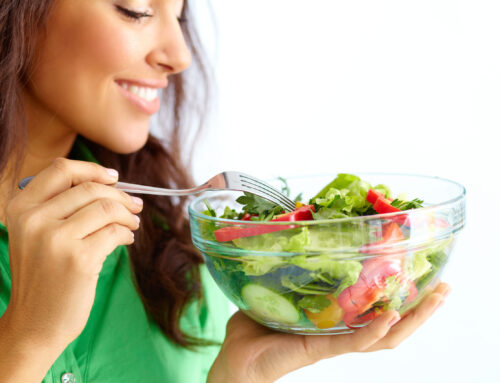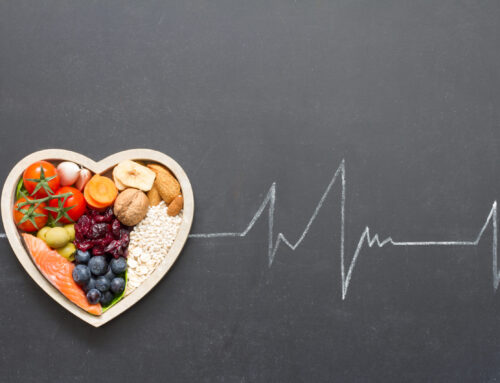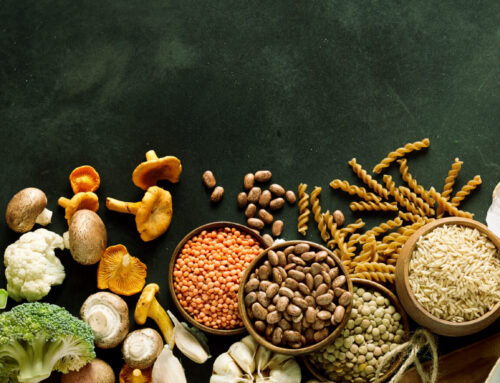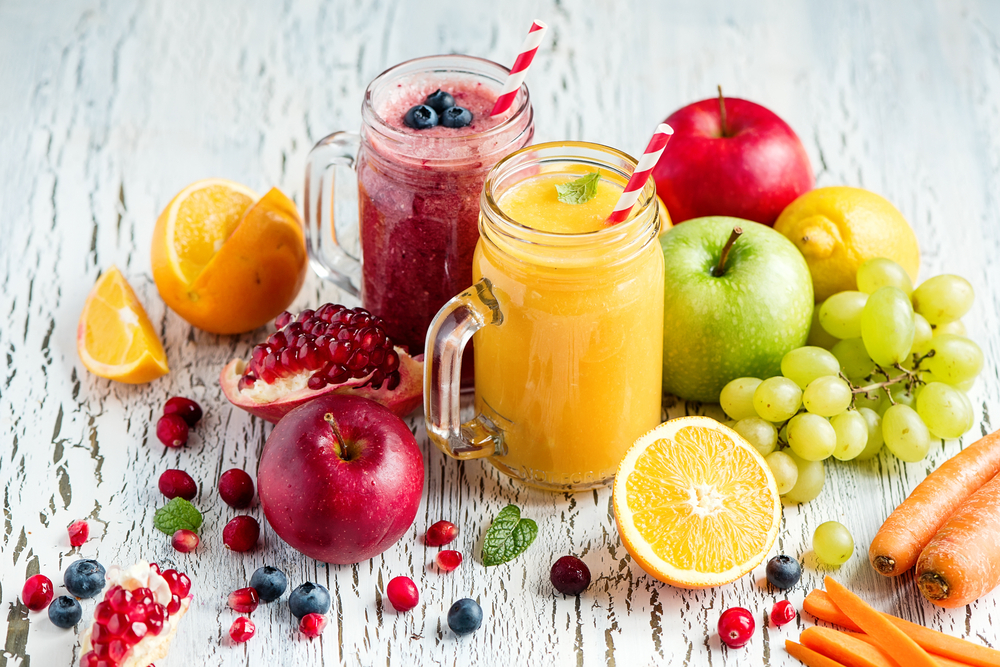
We’ve each had that friend is doing a juice cleanse to lose those last few pounds, get their summer body ready, to detox their body, etc. But, how do these juice cleanses work? Fad diet consensus promotes the idea that weight loss can be expedited through a “cleanse”, hoping to lose 10-15 pounds in a week.
What is Weight Loss?
Our body can divide our body into two parts: lean body mass and fat mass. Lean body mass is vital to maintain when trying to lose weight: it’s what helps to burn calories during workouts and while at rest. When people are talking about weight loss, they’re most likely talking about losing fat mass. Our bathroom scales, unfortunately, can only tell us our weight—skeleton, muscle, fat and everything else that makes up our bodies. What’s going on inside the body, whether that’s pounds of fat being dropped or muscle. When it comes to diet for fat loss, it’s important to fuel our bodies appropriately with the macronutrients essential to our continued health: carbohydrates, fats, and proteins.
- Carbs are our body’s main source of energy. Juice cleanses remove the majority of that fuel from our diet. An example is the 10-day master cleanse that replaces all the meals with a drink made of lemon juice, purified water, cayenne pepper and maple syrup. The body goes into starvation mode and so the body needs to get that missing energy from somewhere else: muscle (2). This process is called gluconeogenesis, in which our muscles are broken down to produce energy. This process, incidentally, can definitely cause you to lose weight, but not strictly body fat.
- Juice cleanses are also low in proteins and fats: both essential to maintaining health and ensure stable weight loss. Dr. Alan Logan said that, “Fasting and low protein diets are counter-productive because our main detox organ, the liver, requires amino acids from protein in order to support detoxification pathways. Since the assault of man-made chemicals in food, water and our environment never lets up, we need daily detoxification, not some sort of spring cleaning with harsh remedies once per year. ” (3).
Fasting and low protein diets are counter-productive because our main detox organ, the liver, requires amino acids from protein in order to support detoxification pathways.
What do Juice Cleanses Actually Do?
At this time, there is no compelling evidence to prove that juice cleanses or detox diets will help with fat loss (1). They may cause short term results that may show a desired number on the scale for a day, however as soon as food is reintroduced into the diet, our body will put the weight back on that we lost, possibly quicker. We put the weight back on quickly due to a few reasons:
- First, our body has only been consuming liquid for an extended period of time and is now empty. As soon as food is put back in the stomach, weight is regained (3).
- Next, our ability to burn calories is slowed from losing muscle and our body dealing with low amounts of nutrients coming in. When we are burning less calories at rest than we are used to, we will gain some extra weight back because our body is lacking the ability to keep up the way it did before the cleanse.
- When planning to start a juice cleanse many of the popular trends may warn that when the ‘toxins’ are leaving the body there may be stressful reactions such as: tiredness, insomnia, bad breath, and other uncomfortable side effects. However, one study by Tomiyama AJ has shown that restrictive dieting can increase the total release of cortisol–stimulating appetite and making it difficult to maintain such a restrictive diet (1, 4).
Juice cleanses are not panaceas to optimal health and weight loss. - The best way to achieve a healthy body composition, and achieve fat loss, is finding something that is sustainable. Dieting and detoxing has a success rate of 20%, meaning 80% of the diet trends are not maintainable (1). By creating healthy habits of eating a balance of protein, carbs, and fat every day, getting in daily physical activity, and managing portion control is the way to achieve and maintain fat loss.
To learn more about how to effectively lose fat, contact us today for your free consultation.
References:
- Klein AV, Kiat H. Detox diets for toxin elimination and weight management: a critical review of the evidence. J Hum Nutr Diet. 2015;28(6):675-86.
- Fink HH, Burgoon LA, Mikesky AE. Practical Applications in Sports Nutrition. Jones & Bartlett Learning; 2006.
- Andrews R, Are Detox Diets Good For You? website. http://www.precisionnutrition.com/are-detox-diets-good-for-you. March 08, 2016. Accessed March 28, 2016.
- Tomiyama AJ, Mann T, Vinas D, Hunger JM, Dejager J, Taylor SE. Low calorie dieting increases cortisol. Psychosom Med. 2010;72(4):357-64.
